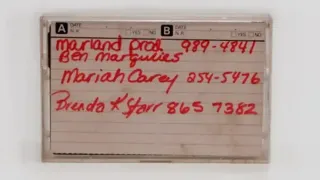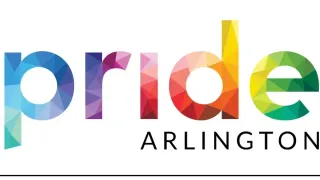March 20, 2021
The Sisters' Easter Celebration's Online April 4
Jim Provenzano READ TIME: 1 MIN.
For the second time, The Sisters of Perpetual Indulgence will host their very popular Easter party online. The event will still include the Hunky Jesus and Foxy Mary contests, plus a basket full of drag fun.
Guest MCs include Honey Mahogany and Alex U. Inn, with Juanita MORE! DJing springtime grooves. Performers scheduled to appear include BeBe Sweetbriar, Madd Dogg 20/20, Miss Shugana, Mutha Chucka, Nick Marshall, Kylie Minono, and KaiKai Bee Michaels.
Hunky Jesus and Foxy Mary contestants can send in their photo submissions, and viewers can vote on Easter Sunday with finalists online live. Contestants in the Easter Mask contest can do the same.
Co-produced with SF Queer Nightlife Fund and Folsom Street Events, this year's fun is titled "Rise Up With Sisters" and organizers hope to inspire viewers "as we emerge from the turmoil and darkness of the past four years."
Tune in on Twitch April 4, 1pm-3pm PT, at https://www.twitch.tv/sfqueernightlifefund
https://www.thesisters.org/events






